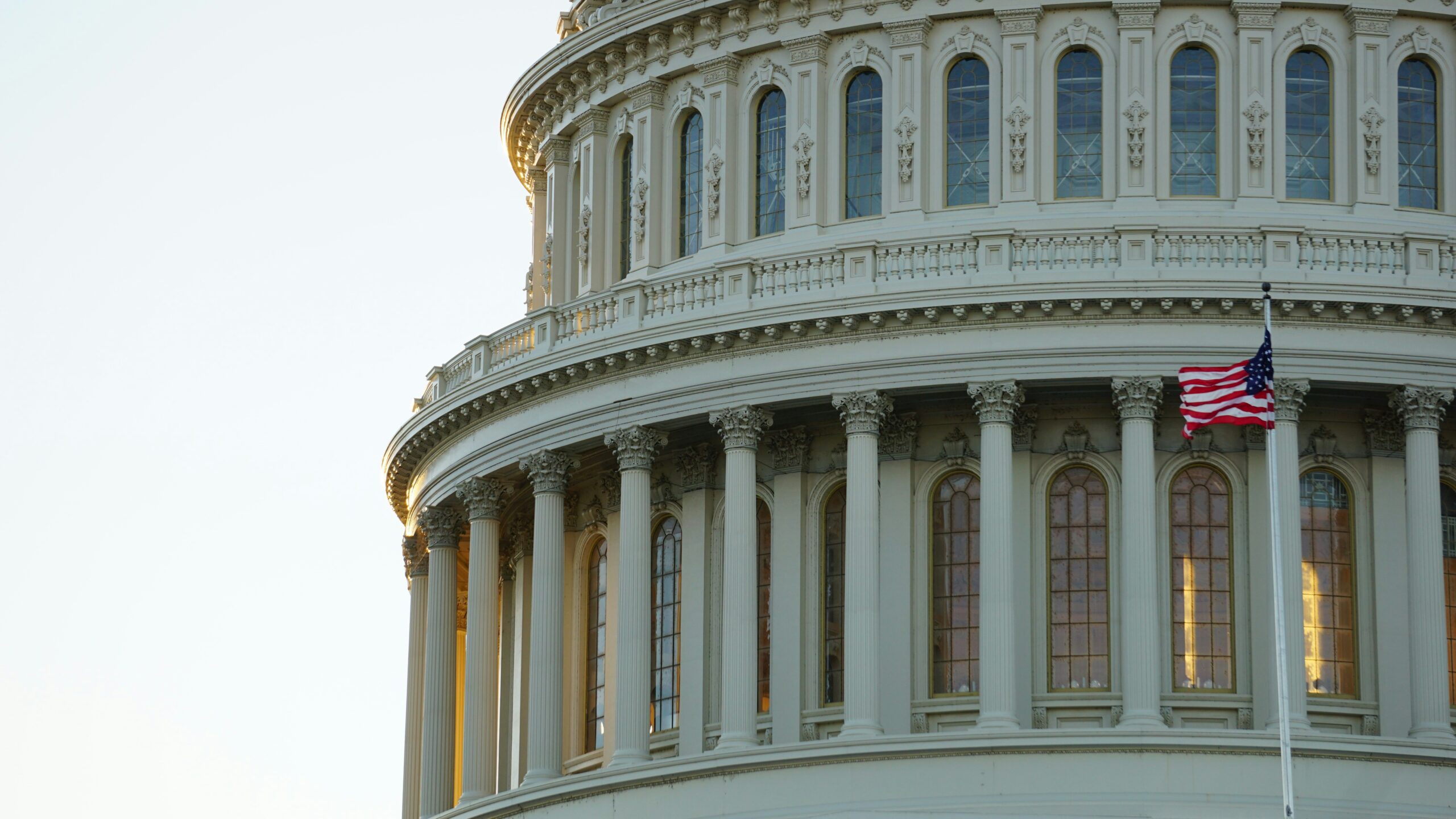 Back in January, Congresswoman Nancy Pelosi disclosed an unusual trade...
Back in January, Congresswoman Nancy Pelosi disclosed an unusual trade...
She'd purchased call options on a little-known health care AI company called Tempus AI (TEM).
Few investors noticed at the time. In fact, Tempus had only gone public about seven months prior. It wasn't yet profitable. And yet, its stock skyrocketed.
Since Pelosi's purchase, Tempus has jumped more than 115%... continuing a pattern that's grown too obvious to ignore...
Congressional trades often beat the market.
Pelosi's call options would have been valued between $50,000 and $100,000 back in January. They were worth an estimated $415,000 as of early October.
And it's not isolated to Pelosi. This isn't a partisan issue. Nor is it limited to a few lucky guesses.
The data now shows a broader and more repeatable trend... one that individual investors can use to get an edge of their own.
 Over the past few years, Congress has beaten the market...
Over the past few years, Congress has beaten the market...
The legislative body as a whole returned nearly 20% between 2012 and 2024. The S&P 500 returned just 12% in that time frame.
These returns had nothing to do with party affiliation or tenure. Republicans and Democrats alike substantially outperformed the market, regardless of how long they'd served.
Likewise, the Senate only minorly outperformed the House... but not by much.
That's not to say there were no differentiators. Top performers often sit on subcommittees that touch massive industries.
The top-performing congressional portfolio in 2024 belonged to Rep. David Rouzer (R-N.C.) He sits on the Transportation and Infrastructure, Agriculture, and Science, Space, and Technology committees.
His portfolio booked an impressive 149% return last year. (The S&P 500 returned 23%).
Rep. Debbie Wasserman Schultz (D-Fla.) and Sen. Ron Wyden (D-Ore.) followed Rouzer at Nos. 2 and 3, respectively. Both often trade in sectors tied to their committee work, from energy to agriculture.
Wasserman Schultz's portfolio recorded a 142% gain in 2024. Wyden's return was 124%.
As for Pelosi, she served on the House Appropriations Committee for many years... which oversees more than $1 trillion in federal spending. She's also influential on the military construction and veterans affairs subcommittee.
In 2024, she placed 10th for congressional portfolios – with a 71% return.
It's clear most folks are at a trading disadvantage compared with our senators and representatives. They're watching budgets take shape in real time... and betting on the results.
But that doesn't mean you can't profit from their edge...
 Congressional trades are no longer hidden in paperwork...
Congressional trades are no longer hidden in paperwork...
In fact, government officials' trading activity often makes front-page news.
Over the weekend, former Federal Reserve Governor Adriana Kugler was found to have traded during a bank blackout period. Now, Congress is back to discussing its own stock trading.
You can track this information, too. Trading-data provider Unusual Whales publishes an annual report on trades from House and Senate members... and their performance.
Two ETFs also use that data to track these trades directly. The Unusual Whales Subversive Democratic Trading Fund (NANC) follows Democratic members. It's up 18% this year versus 15% for the S&P 500.
And the Unusual Whales Subversive Republican Trading Fund (GOP) follows Republicans. It has climbed 15% this year.
 These ETFs give you broad exposure to congressional trades...
These ETFs give you broad exposure to congressional trades...
But the smarter move is watching individual trades... especially from lawmakers tied to specific industries.
Tools like Quiver Quantitative and Capitol Trades let you sort disclosures by individual member, sector, and subcommittee.
So when someone on the Energy and Water panel buys into a clean-power name... or a member of the Health subcommittee starts loading up on biotech... you'll be among the first to know.
These folks aren't making lucky guesses. They've likely seen something that hasn't made its way into earnings calls yet.
And now, this "legal insider trading" can be at your fingertips, too.
Regards,
Joel Litman
November 18, 2025



 Back in January, Congresswoman Nancy Pelosi disclosed an unusual trade...
Back in January, Congresswoman Nancy Pelosi disclosed an unusual trade... 

